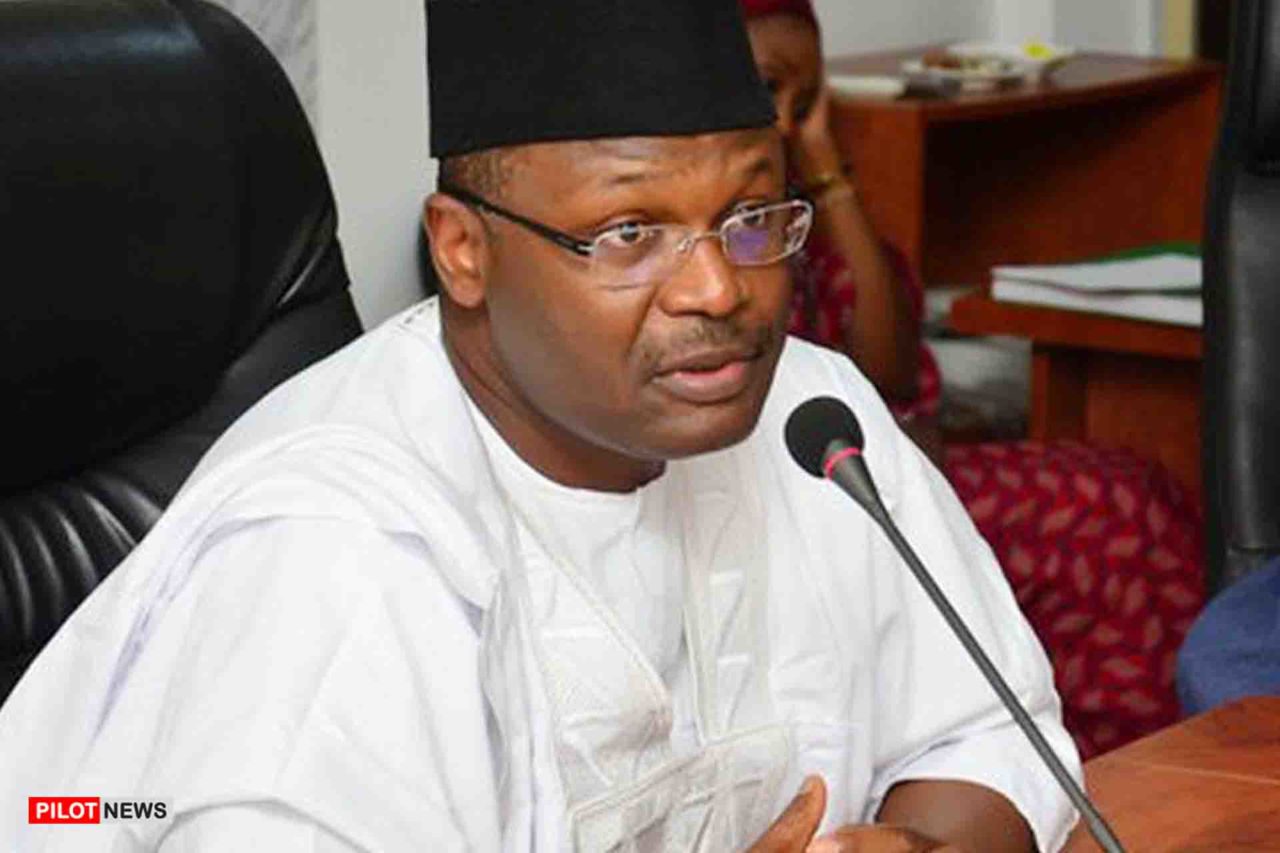ABUJA — The Independent National Electoral Commission (INEC) said it will engage both the manual and electronic methods in the transmission of the 2023 election results, in line with the provision of the Electoral Act 2022.
INEC Chairman, Prof. Mahmood Yakubu who disclosed these on Thursday during the second quarterly consultative meeting with media executives, said there are possibilities of moving sensitive materials from CBN to another location if there is the need for such.
“The provision of the Electoral Act 2022 in the management of results is still basically manual, involving the recording of results on forms and their delivery to various levels of collation until declaration and returns are made.
“There is the need to clear the misconception around e-transmission of results, stressing that many Nigerians equate it with electronic voting.
“The law still provides for e-transmission of results, as he quoted Section 64 of the Electoral Act, which said electronic transmission of results would only be done in the event of dispute during the course of collation,” he said.
Prof Yakubu said the commission might be forced to find another arrangement for the handling of sensitive materials.
He said the apex bank is responsible for the storage and movement of sensitive materials, adding that the commission has never doubted the capacity of the CBN to discharge the responsibility.
“We have started thinking about it. We are aware of the situation. We will watch the situation. We still have nine months before the next general election. Things may be addressed before then.
“I want to assure you that we will not jeopardize the conduct of the election by creating a misconception around the process,” he said.
On the high cost of party nomination forms, the INEC chairman maintained that the commission has no power to regulate the price of nomination forms by parties.
He, however, said the umpire would partner with the Economic and Financial Crimes Commission (EFCC) to checkmate spending of political parties during the poll. He disclosed the 18 registered political parties had submitted their membership register to the commission.
Yakubu added that the commission would next week finalize the document guiding the conduct of future elections, including the forthcoming Ekiti and Osun governorship elections, as well as the 2023 general election.
He assured that the commission would also work with the security agencies to ensure the safety and security of journalists and ensure their unimpeded access to all voting and collation locations during elections.
He added that two weeks later, the commission conducted six bye-elections in four states across four geopolitical zones of the country covering rural, suburban and urban areas, adding that in the bye-elections, the BVAS functioned optimally as attested to by the reports of field observers accredited by the commission.
A document containing the implementation procedure for electronic transmission of results shown to the media indicated that the presiding officer is expected to transmit a clear image of form EC8A (result sheets) for the purpose of collation, which goes to the INEC results viewing portal.
According to the document, the polling officer is also expected to deliver the hard copy of EC8A and the Bimodal Voter Accreditation System (BVAS) to the registration collation officer.
- Fresh Corruption Charges Awaits Former Governor Of Kano State - April 17, 2024
- Nigeria Civil Aviation Authority Suspends Operations Of Three Private Jets - April 17, 2024
- Interior Ministry Seeks Collaboration With ICPC In The War Against Corruption - April 17, 2024


